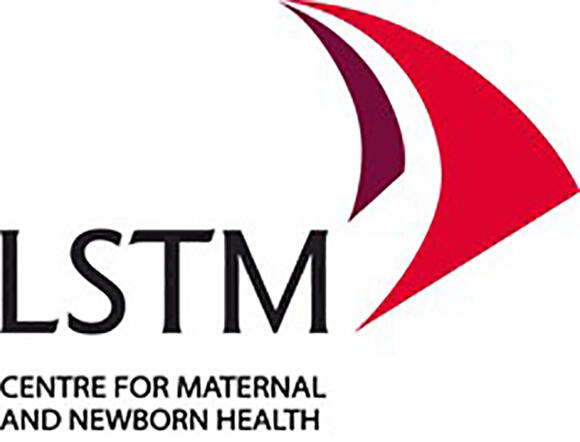
The UK House of Lords debated UK’s role in reducing maternal and neonatal mortality in the developing world following a question from Baroness Hayman.
She specifically wanted to hear what the government’s plans are to ensure that the post-2015 development agenda continues to advance the progress made in the field of maternal and neonatal health especially as some of it seems to be unevenly distributed.
Baroness Hayman, who also chairs the External Advisory Group of LSTM’s Centre for Maternal and Newborn Health (CMNH), highlighted the impact of CMNH Making it Happen programme in Zimbabwe as an example how UK expertise and funding can achieve considerable results when it works together with local trainers, supported by the Ministry of Health, passing on skills to health workers ensuring sustainability and improved services countrywide. ‘That is where programmes such as Making it Happen can have profound effects: in the first phase of those programmes, in areas where they had been implemented maternal death rates have been reduced significantly’, according to Baroness Hayman. She paid specific tribute to the role of DfID in supporting the reduction of maternal and child mortality and expressed the hope that it would continue to do so.
However, maternal mortality ratio continues to show the highest discrepancy: the greatest gap between high and low income settings of all international health indicators. In the UK, the maternal mortality ratio is eight per 100,000. In Sierra Leone, it is 1110 per 100,000. This figure might worsen further when the effect of the recent Ebola outbreak on basic health services will be taken into account. Baroness Hayman therefore called for further resources and asked the government to ensure the objective to reduce maternal and neonatal death would remain a priority in the post MDG agenda.
Her call was echoed by numerous participants in the debate, highlighting a number of examples across the globe showing how achieving millennium development goal 4 and 5 which aim to reduce child deaths by two-thirds and maternal mortality by 75% is still outstanding. Also Lord Alton of Liverpool, one of LSTM’s honorary vice-presidents, paid credit to the work of CMNH and made reference to various baseline surveys which the Making it Happen programme conducted showing that 11 countries early Newborn care packages are simply not consistently available. Out of 749 hospitals and health centres, only 173 were able to provide the required emergency obstetric care package, which is 23.1% or less than one in four. A study of reasons for unavailability of the care package showed that in 17% to 75% of cases there was lack of functioning equipment; in 13% to 17% of cases the reason was lack of a staff cadre—doctors or senior midwives—able to lead the team or provide the more technical aspects of care; and in 2% there was a reported lack of drugs. Lord Alton therefore called for a universal health coverage to strengthen health systems worldwide and ensuring that care for mothers and babies is available, accessible and affordable.
His call was supported by the parliamentary Under-secretary of State of the Department of International Development, Baroness Northover, who responded on behalf of the government and repeated the need for continuous investment in the reduction of global maternal and newborn mortality rates. She stated that ‘universal health coverage must be an important part of the post-2015 agenda. Strong health systems are vital.’
Professor Nynke van den Broek, who heads LSTM’s Centre for Maternal and Newborn Health welcomed the debate by saying ‘DfID’s support to our Making it Happen programme has been one of the main drivers of its success having such a positive impact on countless lives of mothers and their newborns. It remains absolutely vital that the UK remains committed to reduce maternal and newborn mortality beyond 2015.’